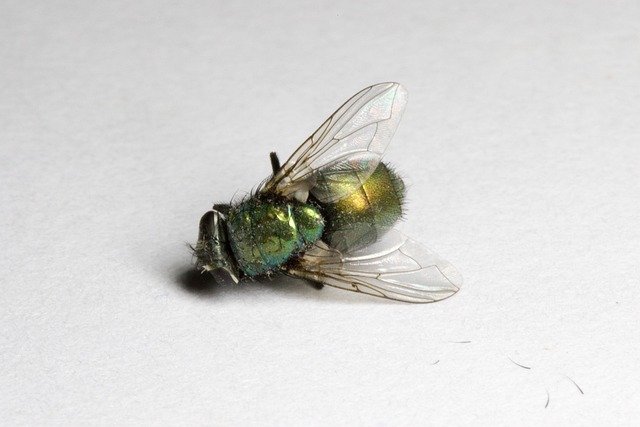If you are considering owning a lizard, one of the most critical questions you must ask yourself is: what do lizards eat? This is essential to ensure your pet’s health and well-being. While many assume that lizards only eat live insects, several other options are available. So let’s explore what lizards can and cannot eat.
Will lizards eat dead bugs?
With over 6,500 species of lizards in the world, all with special diets and preferences, it can be difficult to answer whether or not lizards will eat dead bugs.
They are, generally speaking. However, most insectivorous lizards like geckos, skinks, and anoles are likely to take advantage of a meal, whether alive or deceased.
Insects that humans or other predators kill are still unlikely to stay untouched by a nearby lizard if their instinct for self-preservation compels them to eat.
This behavior is also advantageous for reptiles in the wild because consuming recently deceased insects is much easier for them than catching live prey
. In addition, there is a greater chance that the dead bug has not had its toxins activated from being disturbed.
Dead Insects
Some lizards will eat dead bugs, but it is not recommended as it can cause stomach upset, which may lead to illness or even death.
Dead bugs may also contain bacteria that can harm your reptile companion if consumed in large amounts over time. Therefore, it is best to avoid feeding dead insects to your pet altogether.
Live Insects
The most common food for lizards is live insects such as crickets, mealworms, waxworms, and grasshoppers.
Live insects should be dusted with calcium powder or multivitamin supplements before feeding them to your lizard.
Live insects should not make up the majority of your lizard’s diet; they should be no more than 20-25% of their total diet.
Fruits and Vegetables
Many lizards also enjoy eating fruits and vegetables such as apples, blueberries, strawberries, kale, spinach, squash, zucchini, peppers, carrots, and green beans.
These provide essential vitamins and minerals that your lizard needs to stay healthy. Fruits and vegetables should comprise at least 30-35% of their diet.
Conclusion
In conclusion, it is best to avoid feeding dead bugs to your pet lizard as it can be harmful to them over time due to bacteria buildup or stomach upset from consuming the bug.
Instead, focus on providing a varied diet with plenty of live insects (20-25%), fruits and vegetables (30-35%), and commercial diets (45-50%) for optimal nutrition and health benefits for your pet lizard; With proper nutrition, you will have a happy and healthy reptilian companion for years to come.




